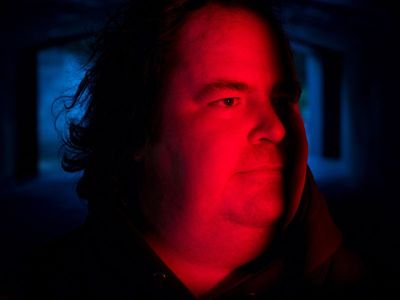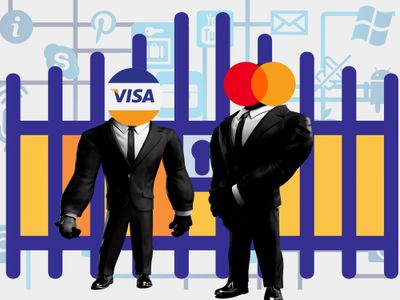It is a known truth that data costs in South Africa are excessively high. This was supported by the results of the South African Competition Commission's Data Services Inquiry.
The probe was launched in reaction to the #DataMustFall social media uproar from millions of South Africans, which culminated in a demonstration before the high court. The results of the inquiry placed South Africa among the top 13 most costly nations for the price of 1GB of data, with the gap growing over time as prices drop more quickly in other nations.
StarLink in Afrika
StarLink, a broadband satellite internet company founded by Elon Musk, Kimbal Musk, and Gwynne Shotwell, has since expanded its internet services to the African continent. Some of the African countries where StarLink is now operational are Nigeria, Mozambique, Angola, Eswatini, Gabon, Kenya, Malawi, Rwanda, and Tanzania.
South Africa's omission from the list was noticeable and somewhat unexpected. The Competition Commission emphasized the importance of improving price-based competition in the mobile sector combined with infrastructure cost reductions in its recommendations for lowering data costs. Thus, the market would welcome the introduction of new internet service providers (ISP), such as StarLink, in order to bring costs down.
Grandstanding on StarLink matter
In a scathing explanation of why StarLink is not available in South Africa, Dianne Kohler Barnard, the shadow minister of communications for the Democratic Alliance (DA), slammed the African National Congress for allegedly "blocking" Elon Musk's satellite company StarLink from obtaining an ISP license, which would have allowed StarLink to offer internet and data services, in a written response to the minister of communications Mondli Gungubele.
Barnard stated that "it is simply laughable that an international multibillion-dollar company must hand over at least 30% of its equity to the ANC government to operate within South Africa" despite having little to no supporting legal or factual evidence.
We at iAfrikan believe that there has been a great deal of grandstanding and politicking on this topic, without providing readers with a proper and unbiased understanding of how ISP licenses are granted and both procedural and regulatory requirements to get an ISP license
ICASA and ISPs
The Independent Communications Authority of South Africa is the regulatory body tasked with issuing licenses related to telecommunications and broadcasting. In order for StarLink to operate in South Africa, they are required to have both an Individual Electronic Communications Network Service (IECNS) and Electronic Communications Service (ECS) license.
A company may set up and run a physical network infrastructure with an IECNS license. The license is required regardless of the medium, whether it be fiber-optic cables, copper-based lines, or in Star Link's case, satellite broadband.
Additionally, an ECS license would allow StarLink or any other provider to offer clients electronic communications services over their own network or through the network of another business. Every ISP is subject to this license.
About 502 businesses, including SMMEs and JSE-listed house brands like MTN, Gijima, and Vodacom, have received ISP licenses from ICASA. StarLink has not yet submitted an application to ICASA for an IECNS or ECS license.
"The authority (ICASA) has advised the minister that such applications have not been received from StarLink to date. It is, therefore, not true that the government is blocking the operation of Star Link in South Africa," confirmed SA Communications minister, Mondli Gungubele
These facts make it evident that it is inappropriate to exempt StarLink from the compliance standards that are objectively applied to all other domestic and international ISPs
Equity ownership
South Africa is one of the youngest democracies on the continent, celebrating 29 years of democratic freedom. In correcting centuries of unjust economic exclusion policies, the regulator requires a minimum of 30% equity ownership to be held by persons from historically disadvantaged groups.
The minimum equity ownership criterion has long been a prerequisite for both privately held and JSE-listed companies applying for an ISP license, therefore it is not a new requirement that would apply just to StarLink. In fact, equity ownership was once again a prerequisite recently, for participation in the spectrum auction South Africa undertook and concluded in March 2022.
Again, based on these facts, it is clear that every ISP currently operating in South Africa complies with and adheres to legal requirements. According to MP Barnard's position, the regulator should grant special favors to StarLink in order for it to be permitted to operate in South Africa. This would not only be illogical and unfair to ISPs with licenses, but it would also be against the law in terms of regulatory compliance.
As things stand, there's no evidence to promote a narrative that ICASA is deliberately frustrating Star Link's attempts to operate in the country, when clearly Star Link has not passed the compliance requirements. Regulations are essential in establishing an equal and fair playing field, especially in a sector whose services require a finite resource such as spectrum.








